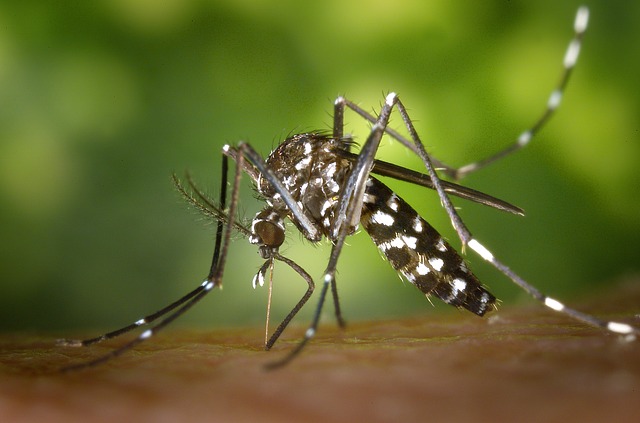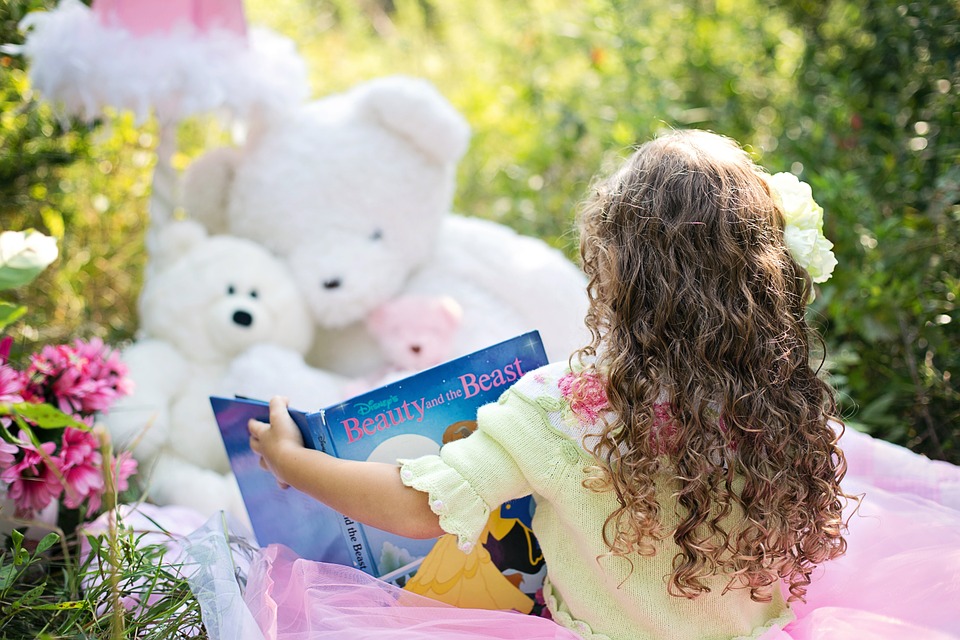Five Reading academics at the top of their game have been awarded University Research Fellowships to develop their work in the arts, humanities and social sciences over the next year.
Each has received £10,000 to cover teaching replacement costs and research expenses and has been selected based on the originality, rigour and significance of their applications.
The aim of the fellowships is to support research outputs across the University’s five themes (Environment, Food, Health, Heritage and Creativity and Prosperity and Resilience) that show ambition and constitute a step change in the work of the applicant. Here are the five successful projects:
The global rise of populism

From Trump in America and Jair Bolsonaro in Brazil to the FN, AfD and LN in Western Europe, populism and anti-immigration policies are on the rise across the globe. Dr Daphne Halikiopoulou (Politics and International Relations) will look at the bigger picture, researching the common aspects and differences between far right populist parties world-wide, addressing our gap in knowledge about the rise of far right populism on a global scale. She will identify different patterns of nationalist narratives and how they appeal to different social groups in different countries. The work promises to provide the first robust, evidence-backed answer to one of the biggest challenges our societies face – the rise of far right parties against a backdrop of increasing economic, cultural and personal insecurity.
Experimenting on linguistic meaning

The philosophy of language is informed by linguistic experiments – but how can experiments tell us about something as intangible as the meaning of a word? The meaning of many expressions is not fixed before their use in conversation; meanings undergo a process of mutual adjustment and negotiation. Nat Hansen (Philosophy) will develop experiments using conversational contexts that are designed to capture the dynamic processes by which meaning is negotiated and fixed. The work will expand the practical techniques available for investigating meaning and broaden our theoretical understanding of linguistic meaning by applying experimental approaches from the cognitive and social sciences to central issues in philosophy of language.
Learning maths through creating stories
Can children better learn mathematical concepts by creating story picture books about them? Dr. Natthapoj Vincent Trakulphadetkrai (the Institute of Education) will build on existing research which has found that children learn mathematics more effectively by reading story picture books. The research, to be carried out in ten primary schools, will investigate whether asking Year 4 children to create mathematics picture books about multiplication can help develop their conceptual understanding of the topic. It will also explore perceptions among key stakeholders – such as teachers, pupils and their parents – of this teaching strategy.
Imperial Insects

Insects are significant in scientific debates about evolution, ecology, extinction, climate change, agriculture and health – but they are rarely studied by scholars in the humanities. Dr Rohan Deb Roy (History) will address this gap by studying insects through the lens of cultural and political history. He will write a monograph, Imperial Insects: Bugs and Colonial Power in British India, which will examine the ways in which the worlds of insects and political power were entangled, and co-constituted in history. It will answer questions such as ‘how did insects make the British colonial state in 19th century India vulnerable?’ And ‘did colonised Indians inspire colonial strategies of insect control?’ Rohan’s book will be the first to address the history of insects in colonial South Asia.
Cold War era ‘Americanization’ of children’s books

Dr Sophie Heywood (Modern Languages and Linguistics) will explore how the ideological divides of the Cold War period shaped the expansion and ‘Americanization’ of children’s books in France. After 1945, globalisation turned publishing into a mass industry. By the 1960s one in every four books sold to children in France came from the US publishing house Hachette, propelling it to the fore in national debates on protecting French culture. In 1949, a law was passed in France defining what children’s books should and should not contain. Sophie will write a book exploring the impact of this period on the publishing practices of Hachette, and the globalisation of children’s culture in the 20th century – the first of its kind. The findings will form the basis for partnership work with children’s publishers, authors and illustrators.
Find out more about research funding support at the University of Reading.
